Smart healthcare changes Chinese lives, but challenges remain
Updated: 2016-03-07 15:55
By Wu Yan(chinadaily.com.cn)
|
||||||||
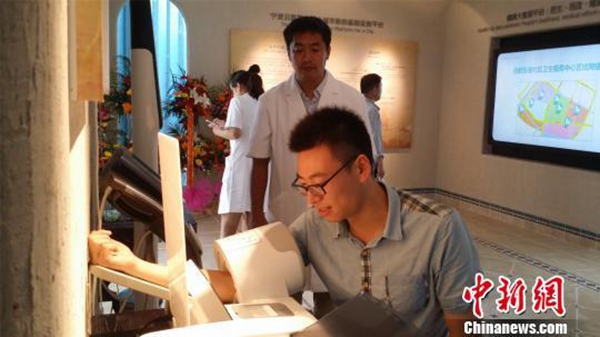 |
|
A resident takes a physical examination in Ningbo Cloud Hospital's offline hospital in Ningbo, East China's Zhejiang province. [Photo/chinanews.com] |
Zhang Lin, 84, who has suffered from hypertension for 20 years, talked with chief physician Chen Xiaomin about his symptoms via a video call on the online platform of Ningbo Cloud Hospital in Zhejiang province, East China. After reviewing Zhang's medical record, Chen gave his advice and submitted an e-prescription to the "Cloud".
A day later, Zhang received hypertension-control medicine at home and finished the process of consulting a doctor.
Internet-based healthcare, as a new branch of the industry from traditional hospitals, has become an emerging trend in China in recent years.
"I used to see Doctor Chen at Ningbo First Hospital from time to time," said Zhang. He was tired of the past experience of getting up at 5 am, taking two buses to the hospital and queuing to get an appointment with Chen.
Zhang is not the only one who benefits from Ningbo Cloud Hospital.
Instead of chatting from home, many people like He Mingdao, 68, get the chance of seeing a renowned physician online while sitting in a community hospital with community doctors, via the platform of the cloud hospital.
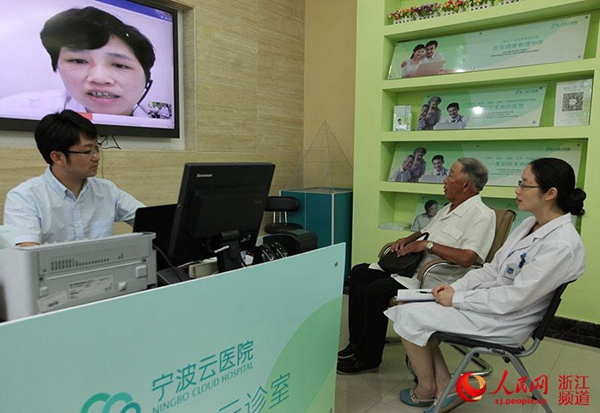 |
|
A patient, accompanied by a community doctor, talks with an invited doctor at a online consultation in a community clinic in Ningbo. [Photo/zj.people.cn] |
Ningbo Cloud Hospital, started operations in March last year, and aggregates the resources of all offline public hospitals and community clinics in Ningbo into a regional medical network serving local residents. It also operates its own offline bricks-and-mortar hospital.
A patient can go through the entire process from online appointment, video consultation and diagnosis, e-prescription, online payment to medicine delivery at home. They can also go to a nearby community clinic for a physical examination before talking to doctors at big hospitals on the Internet.
Ningbo is just one of many locations which bet big on the promising smart hospital industry. Similarly, some hospitals in developed cities such as Hangzhou, Guangzhou and Wuhan introduced their own online services.
An Internet healthcare giant that connects well-known doctors with patients from all over the nation has taken shape in a small town of Wuzhen, also in Zhejiang province and host town for the annual World Internet Conference.
- Putin says Russians to start withdrawing from Syria, as peace talks resume
- Merkel says Sunday's state elections 'make her party think'
- Canberra's Balloon Spectacular festival kicks off
- Germanwings crash caused deliberately by mentally ill copilot: BEA
- Second car bomb in a month kills 34 in Turkish capital, Ankara
- German voters batter Merkel over migrant policy

 Infographics: All you need to know about Premier'ss press conference
Infographics: All you need to know about Premier'ss press conference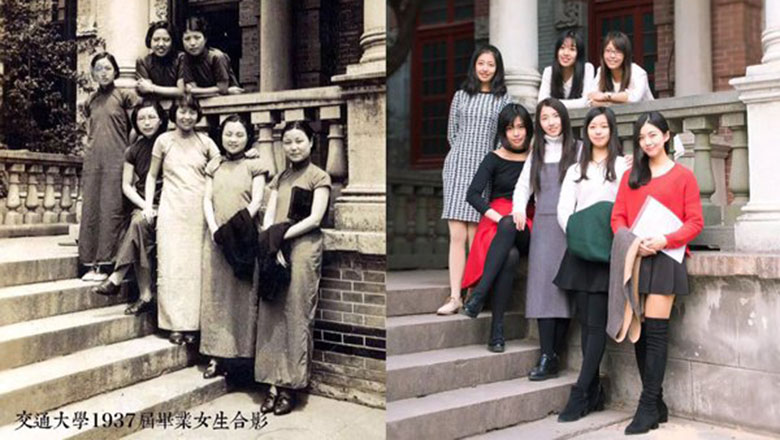
 Now and then photos of Shanghai Jiaotong University
Now and then photos of Shanghai Jiaotong University
 Post-90s quits his job to make traditional paper umbrellas
Post-90s quits his job to make traditional paper umbrellas
 In pictures: Destroying fake and shoddy products
In pictures: Destroying fake and shoddy products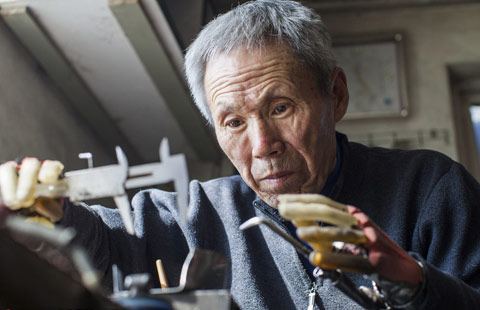
 Armless farmer builds new hands for himself, others
Armless farmer builds new hands for himself, others
 The world in photos: March 7 - March 13
The world in photos: March 7 - March 13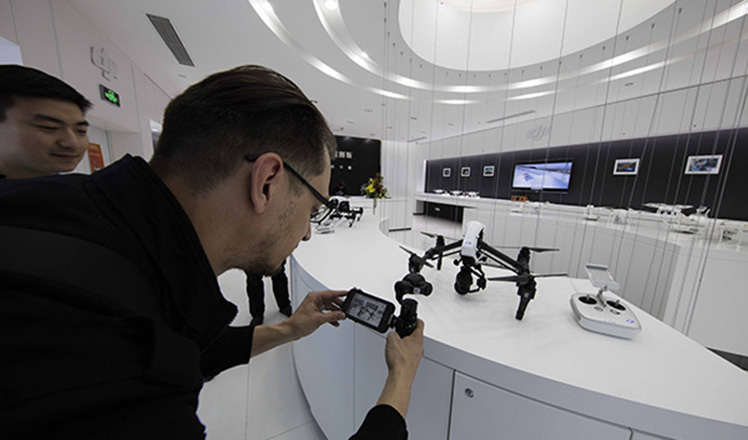
 China's booming IT industry helps drones fly high
China's booming IT industry helps drones fly high
 This 'mermaid' left broadcasting for a watery world
This 'mermaid' left broadcasting for a watery world
Most Viewed
Editor's Picks

|

|

|

|

|

|
Today's Top News
What ends Jeb Bush's White House hopes
Investigation for Nicolas's campaign
Will US-ASEAN meeting be good for region?
Accentuate the positive in Sino-US relations
Dangerous games on peninsula will have no winner
National Art Museum showing 400 puppets in new exhibition
Finest Chinese porcelains expected to fetch over $28 million
Monkey portraits by Chinese ink painting masters
US Weekly

|

|








